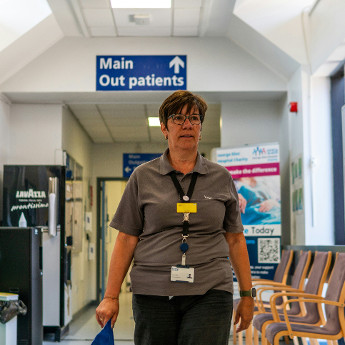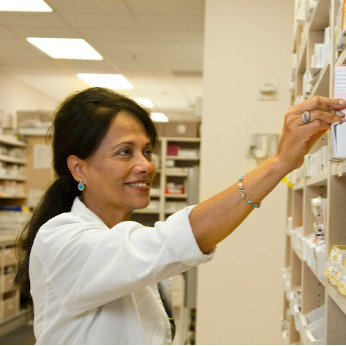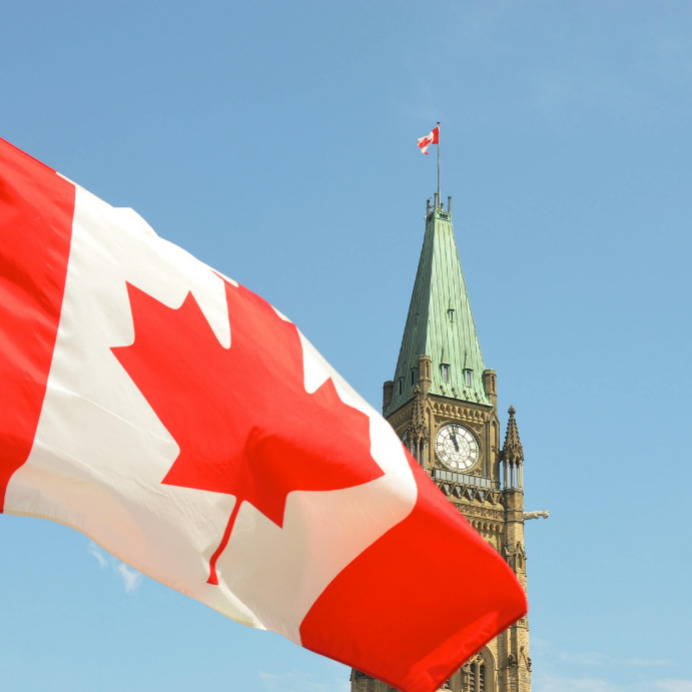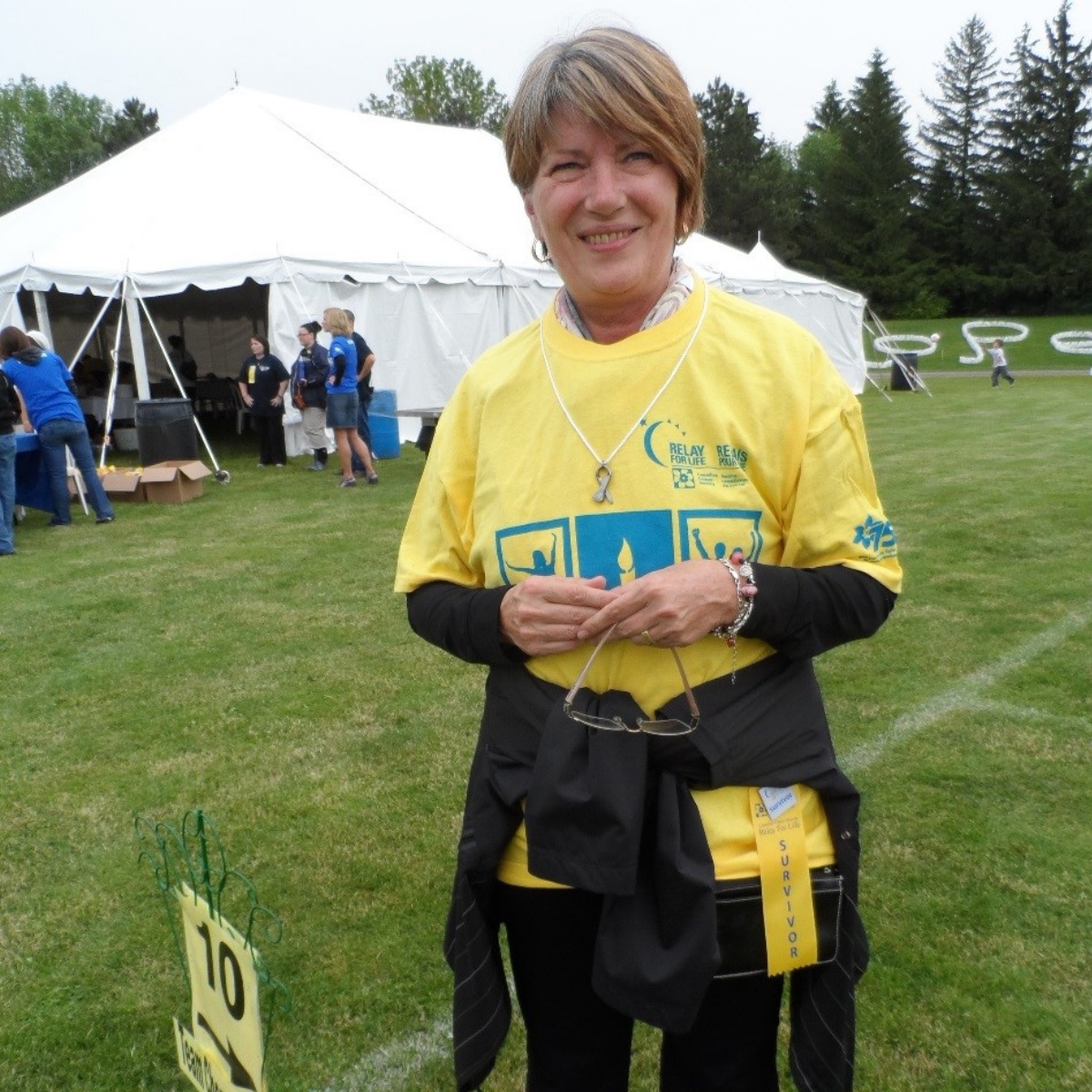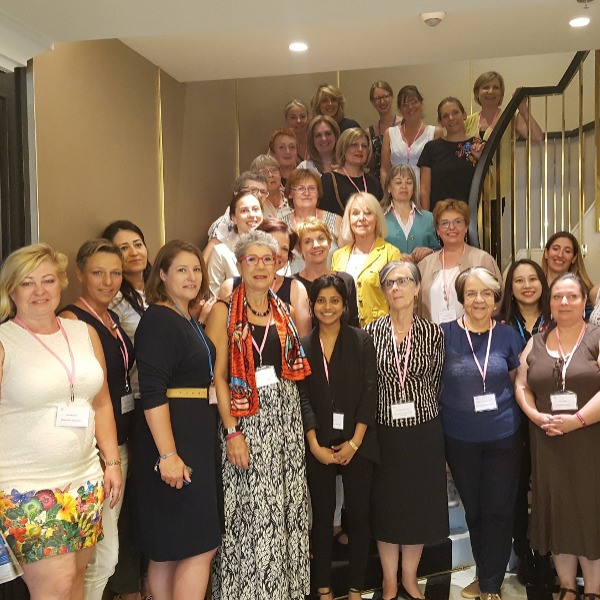By continuing to use our site, you consent to the processing of cookies, user data (location information, type and version of the OS, the type and version of the browser, the type of device and the resolution of its screen, the source of where the user came from, from which site or for what advertisement, language OS and Browser, which pages are opened and to which buttons the user presses, ip-address) for the purpose of site functioning, retargeting and statistical surveys and reviews. If you do not want your data to be processed, please leave the site.
The Voice of People With Breast Cancer
Education
Our Voices Blog
Tag : healthcare
Players in Healthcare: The Municipal Government
When we think about healthcare, municipal governments might not be the first thing that comes to mind. After all, they don’t run hospitals or provide cancer treatments the way provincial and territorial governments do. But local governments shape the communities where we live, and this has a huge influence on our health and wellbeing.
Players in Healthcare: the Provincial & Territorial Governments
In the second part of our three-part blog series, we are taking a closer look at the role provincial and territorial governments play in healthcare. Spoiler alert, it is a big one!
Healthcare Considerations in the 2025 Federal Election
With the 2025 federal election underway, many of us are thinking about the issues that matter most. These uncertain economic times are at the top of our minds, and ensuring access to healthcare is a crucial part of that. Here are some of the most important healthcare issues to consider in relation to the election.
Understanding Demographics and Why They Matter in Healthcare
Demography refers to the social, cultural, and personal characteristics that make up an individual. Currently, the scope of demographic health data in Canada is often limited to age and sex. This limited data means that many crucial details—such as income, race, or other social elements—are not being collected.
Canada’s got pharmacare! Now what?
When the topic of national pharmacare made a resurgence in 2018, the Canadian Breast Cancer Network (CBCN) continued advocacy for an equitable and comprehensive approach to national prescription drug coverage. We have advocated that a national plan should provide Canadians with better access to life-saving medications than they currently have and improve equity of access nationally, so the newly announced legislation for a universal, single-payer, phased approach is a welcomed first step.
Addressing the Healthcare Needs of Indigenous Populations
June 21, 2023 is National Indigenous Peoples Day. This is a day for all Canadians to recognize and celebrate the unique heritage, diverse cultures and contributions of First Nations, Inuit, and Métis peoples. This is also a day that should call to attention the various issues that Indigenous peoples continue to face, including racism, colonialism, and disparate health outcomes from much of the rest of Canada. Broad determinates of health like geography, accessibility and availability of services, and cultural differences contribute to the challenges faced by Indigenous peoples.
Where the Federal Parties Stand on Health-Related Issues
On August 15th, 2021, Prime Minister Justin Trudeau, leader of the Liberal Party called for a federal election. While there are a many of items and issues to look out for from each parties’ platform, we have dedicated this post to the key takeaways from each party regarding health, healthcare, employment insurance etc. Although this is not an exhaustive list on all the points raised by the parties regarding health and healthcare, we wanted to provide you with a starting point of navigating the 2021 elections as it relates to breast cancer patients.
Why should where you live determine your quality of care? Our new campaign highlights the differences in access to treatments for mBC across Canada
Did you know that accessing treatments for stage IV metastatic breast cancer (mBC) is not universal across Canada? We live in a country that promotes universal health care to all but accessing cancer treatment varies by each province.
Here’s what you need to know about the federal government’s Implementation of National Pharmacare report
On June 12th, the Advisory Council on the Implementation of National Pharmacare released their final report looking at the implementation of a national program to address the inequities that Canadians currently face when it comes to drug access. It outlines 60 recommendations, steps to implementation and key details on things like co-pay, budget costs, strategy for rare diseases, and impacts on patients and providers. Below, we’ve summarized these key details for you to better understand how this new plan for pharmacare would impact you and your family.
Overcoming the lasting side effects of breast cancer
Wendie Hayes of Stoney Creek Mountain, Ontario was diagnosed in 2011 with triple negative metaplastic phyllodes breast cancer at the age of 55 after she discovered a lump in her left breast. Her cancer is a rare type, affecting less than one percent of breast cancer patients, so it took some time to get the right diagnosis.
“Nothing about us, without us”- Key lessons learnt from the Breast Cancer Patient Group Forum
How valuable is patient input to decision-makers and how can we work to make sure that the patient voice is really being heard? These are just some of the important questions that I and many others gathered to discuss at the annual Breast Cancer Patient Group Forum in Vienna, Austria.


